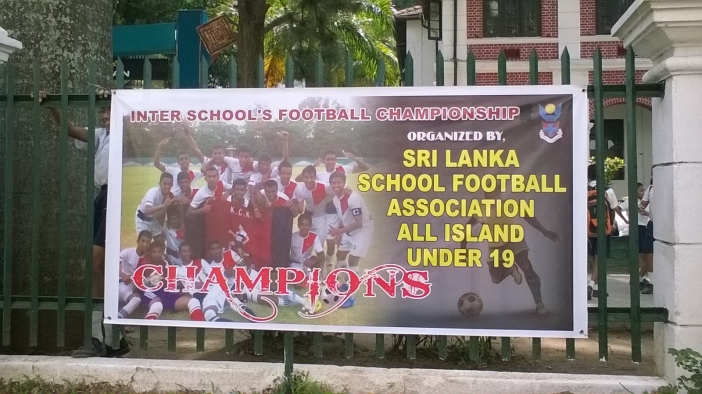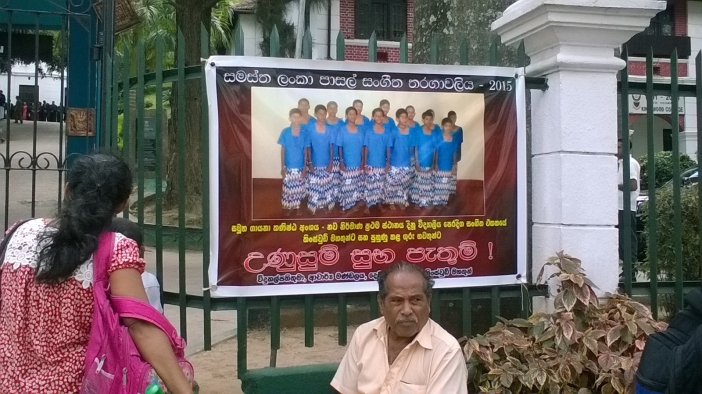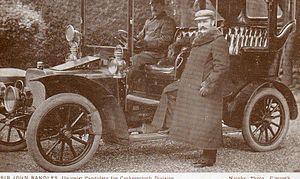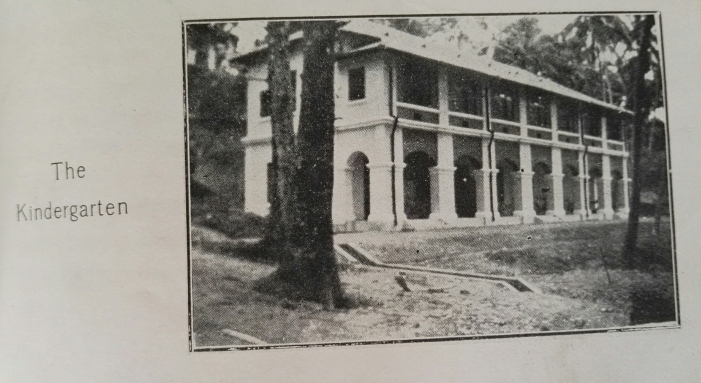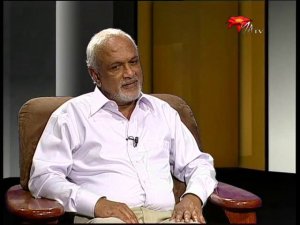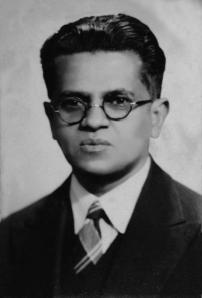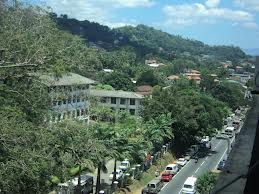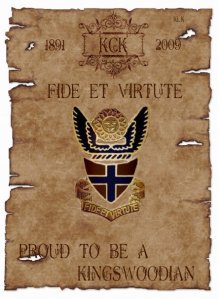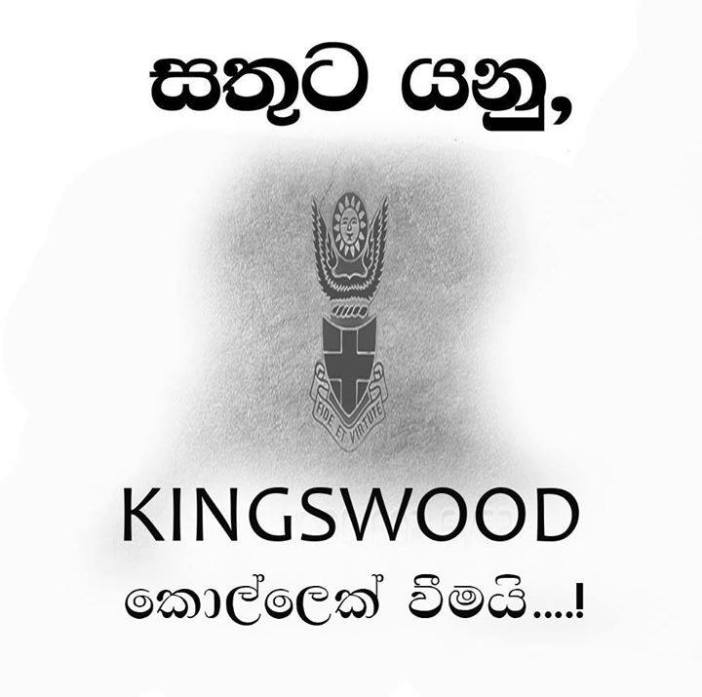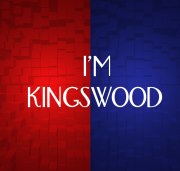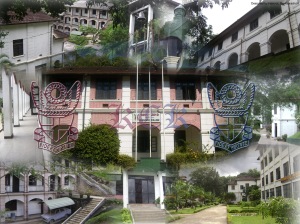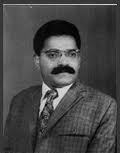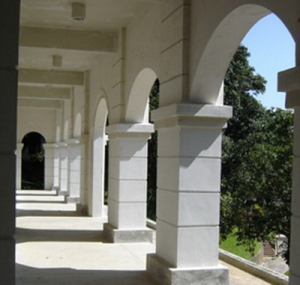[Submitted to Kingswood Matters by Old Boy Shashika Bandara; from “Our Boys”, August 1937]
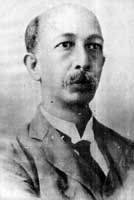 You know it has been customary to address students as “Gentlemen of Kingswood”; Not as ‘Boys” as “Kingswoodians” or even as “my dear young friends”, but as “Gentlemen of Kingswood”, with an emphasis on the “Gentlemen.” You may wonder why this custom was established. What you read below is the explanation of Mr. L.E. Blaze, Founder Principal and the initiator of the custom.
You know it has been customary to address students as “Gentlemen of Kingswood”; Not as ‘Boys” as “Kingswoodians” or even as “my dear young friends”, but as “Gentlemen of Kingswood”, with an emphasis on the “Gentlemen.” You may wonder why this custom was established. What you read below is the explanation of Mr. L.E. Blaze, Founder Principal and the initiator of the custom.
A Gentleman does nothing which is underhand or mean. A French proverb tells us that rank has its obligations; as the saying goes, there are some things a Gentleman cannot do, then other things a ‘Gentleman’ must do. He never lets another down, but is loyal to his friends and to his duty. He never takes advantage of another’s weakness or ignorance. He cannot be stingy, giving as little as he is forced to give, and ungrudgingly – whether it be money, or labour, or time, or anything else that is of value. He cannot sneak, or carry tales, either for his personal advantage, or out of a malicious spirit of mischief-making. He cannot “crib”, or copy another’s answers to pass them off as his own. He cannot “funk” or behave in a cowardly manner in the presence of danger. However afraid he maybe – and fear comes to the bravest – he must not show fear, or give way to it. True courage is not the absence of fear, but the overcoming of fear. Some of you will remember the story of Adigar Ehelapola’s children who were cruelly beheaded on an order of the King of Kandy. The eldest boy, eleven years old, shrank from his doom. He clung crying to his mother. The second boy, only nine years old, stepped forward and bade his brother not to be afraid: “I will show you the way to die.”
The list of these things which a Gentleman cannot do might be indefinitely extended; but as a general rule it will be sufficient if we remember that we cannot do whatever is mean or unmanly, whatever he would be, or ought to be ashamed of, if it were found out.
The things that a Gentleman must do, even if he suffers by it, are, of course, the opposite of what he cannot do. He must be liberal in giving; not rashly, or unwisely, but according to his means, and according to the nature of the cause he supports. There are causes which indeed he is under an actual obligation to support as ungrudgingly as he can – his family, his Church, his School. In the past our Old Boys were good givers, even to the extent of sacrifice, as you may read in the history of the school, in the chapter on the Kingswood Union. Let me take this opportunity of reminding you that, when you leave school, your obligations to it do not cease. If you want the school to be proud of you, you must help make the school one to be proud of; and that cannot be unless you do your share, by your character, by your attainments, your loyalty, and your liberality. Whenever a future Principal proudly says in his annual report “The Old Boys have been generous in their support” as yourselves, “How much have I given or done for this purpose? What was my share in this support?”
Another of the outstanding features of a Gentleman is that he can take defeat in a proper way. He does not whine or grumble or make excuses. “The German emperors die standing” – is an old saying; “not weak or cowardly yielding for them”. I am reminded of an old incident connected with Kingswood. Mr. Boulton was walking with a friend on the road by Bogambara Jail, when the singing, cheering and laughing of our boys were heard as they were returning home. “Hullo,” said the friend, “Kingswood has won a match?”
“No.” said Mr. Boulton “they have just lost one.” That is the Kingswood spirit even in defeat.
When we say, as we do sometimes, “So and so is a gentleman,” what do we mean?
That he is just, that he is kind, that he is courteous, that he is liberal in his gifts and in his outlook. A gentleman never boasts, never pushes himself forward, even when he has the right to do so. He is courteous, – not only to those in high places, but equally to those of humble station. He gives up his seat to a lady, or an old man, or one who is physically frail. And when there is a garden party, for example, he will find a seat for anybody who needs one.
Is it not delightful to be known and being spoken of being a Gentleman? It is even more delightful to be a Gentleman, in our actions, in our speech, and in the thoughts of our mind.
While you are here in school, in Kingswood, you have the opportunity of testing yourselves, of training yourselves. The word I leave with you is this: Be a Gentleman of Kingswood, loyal and manly Gentleman of Kingswood.
(Our Boys, No 161, August 1937)
